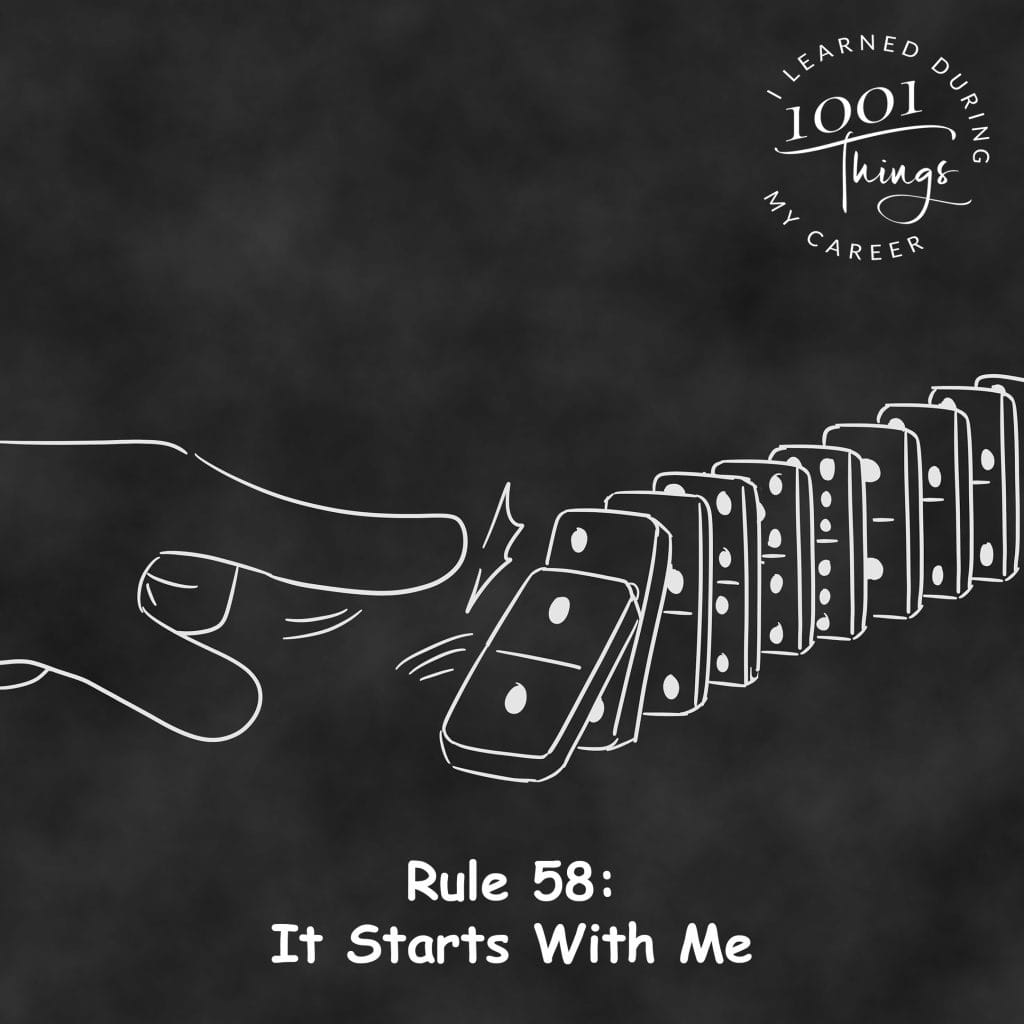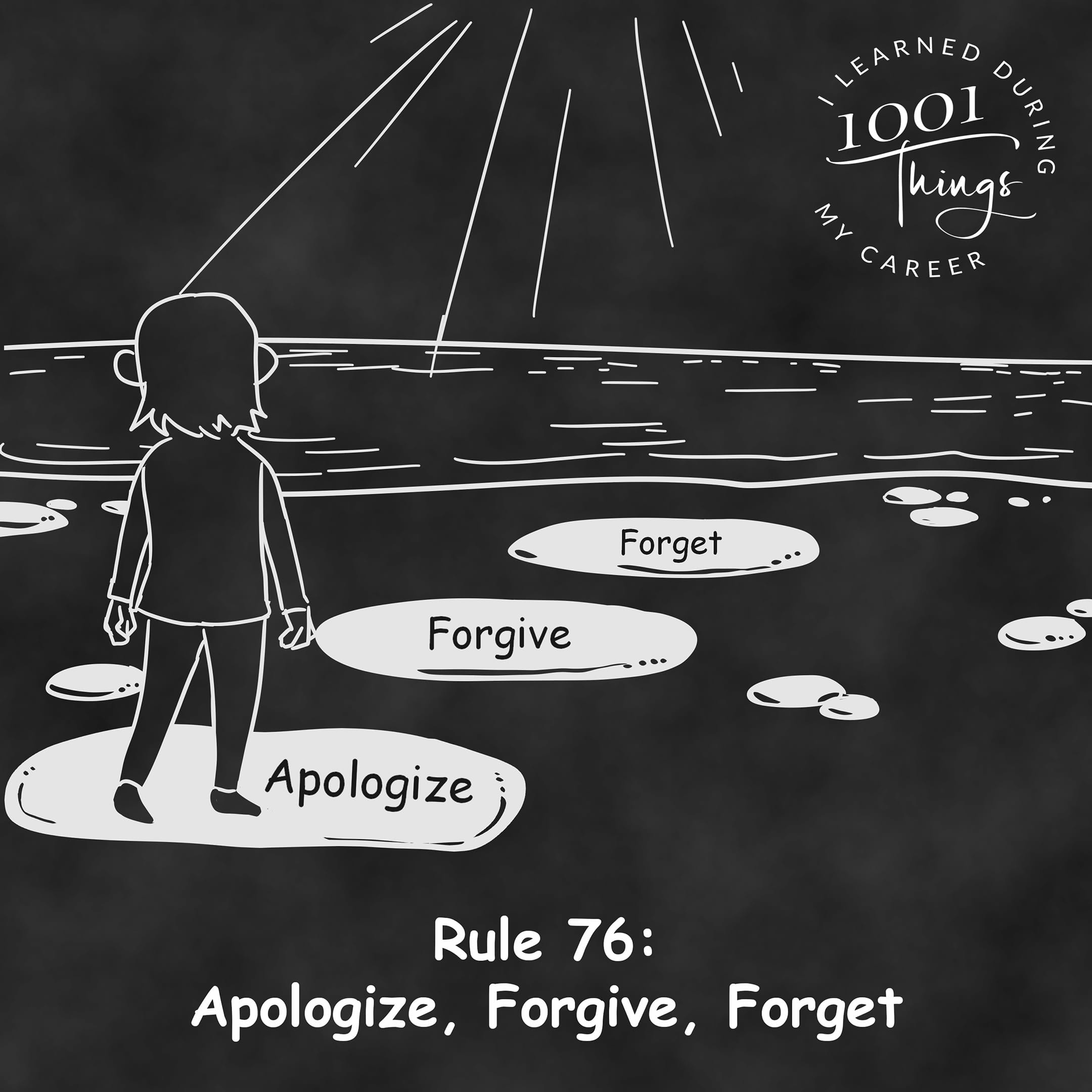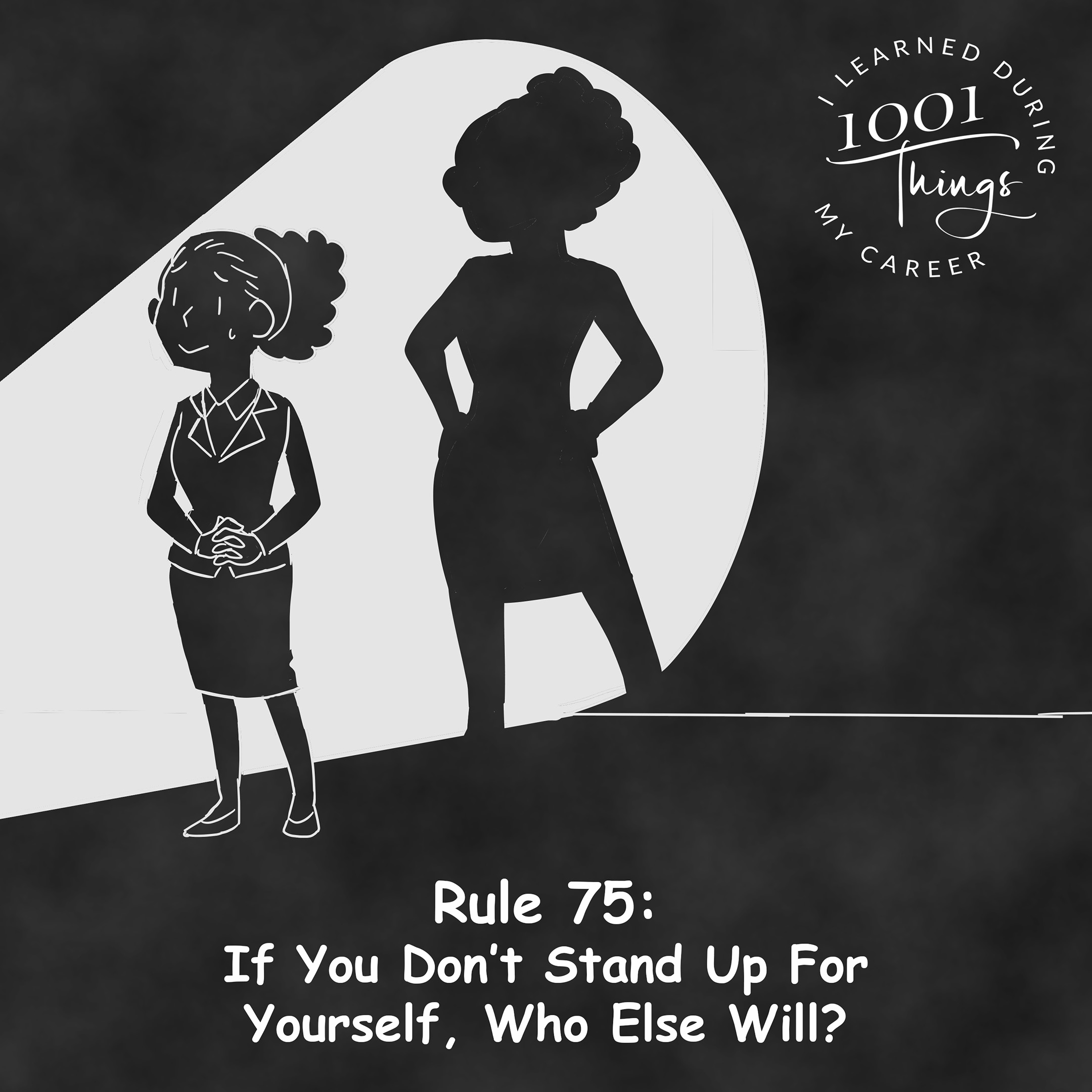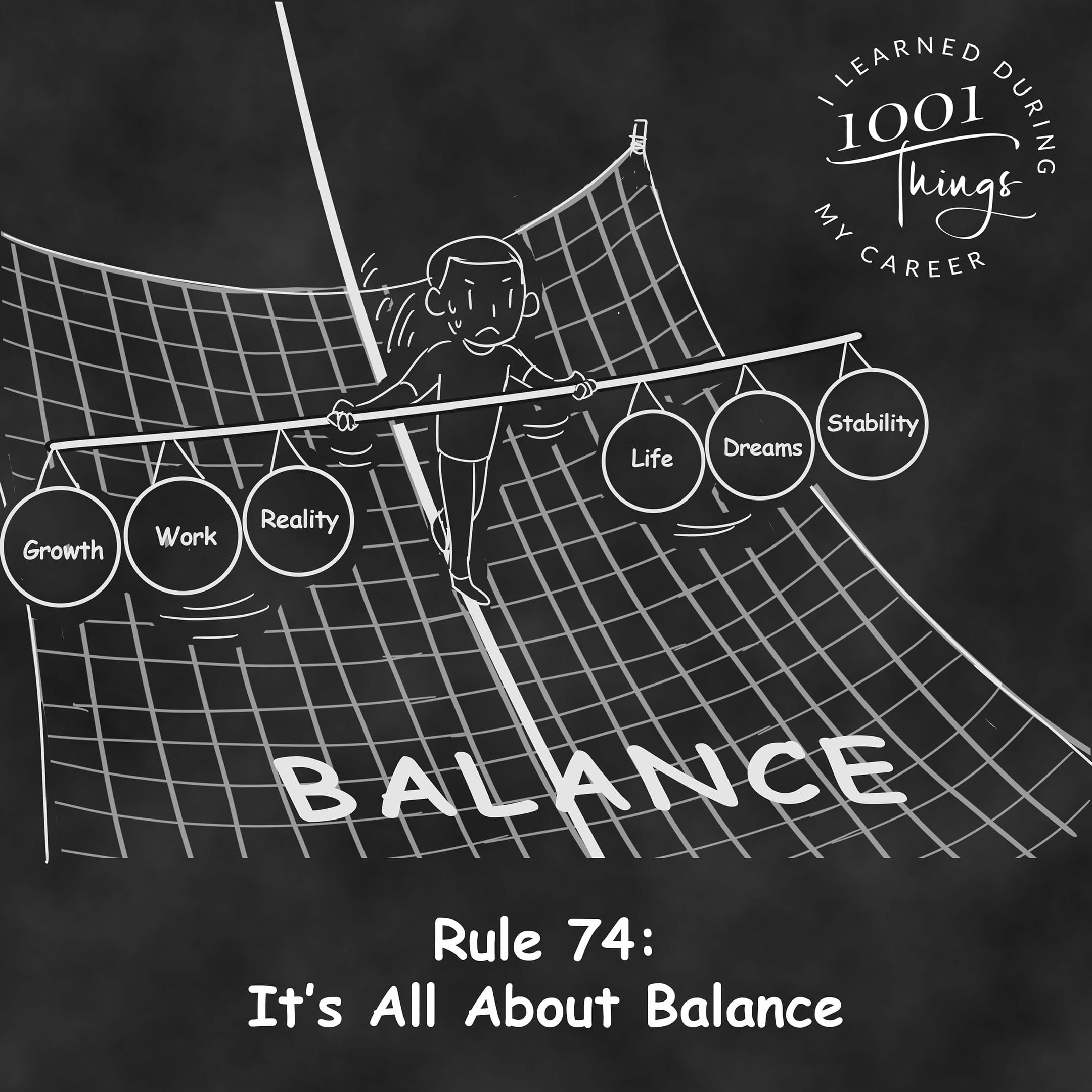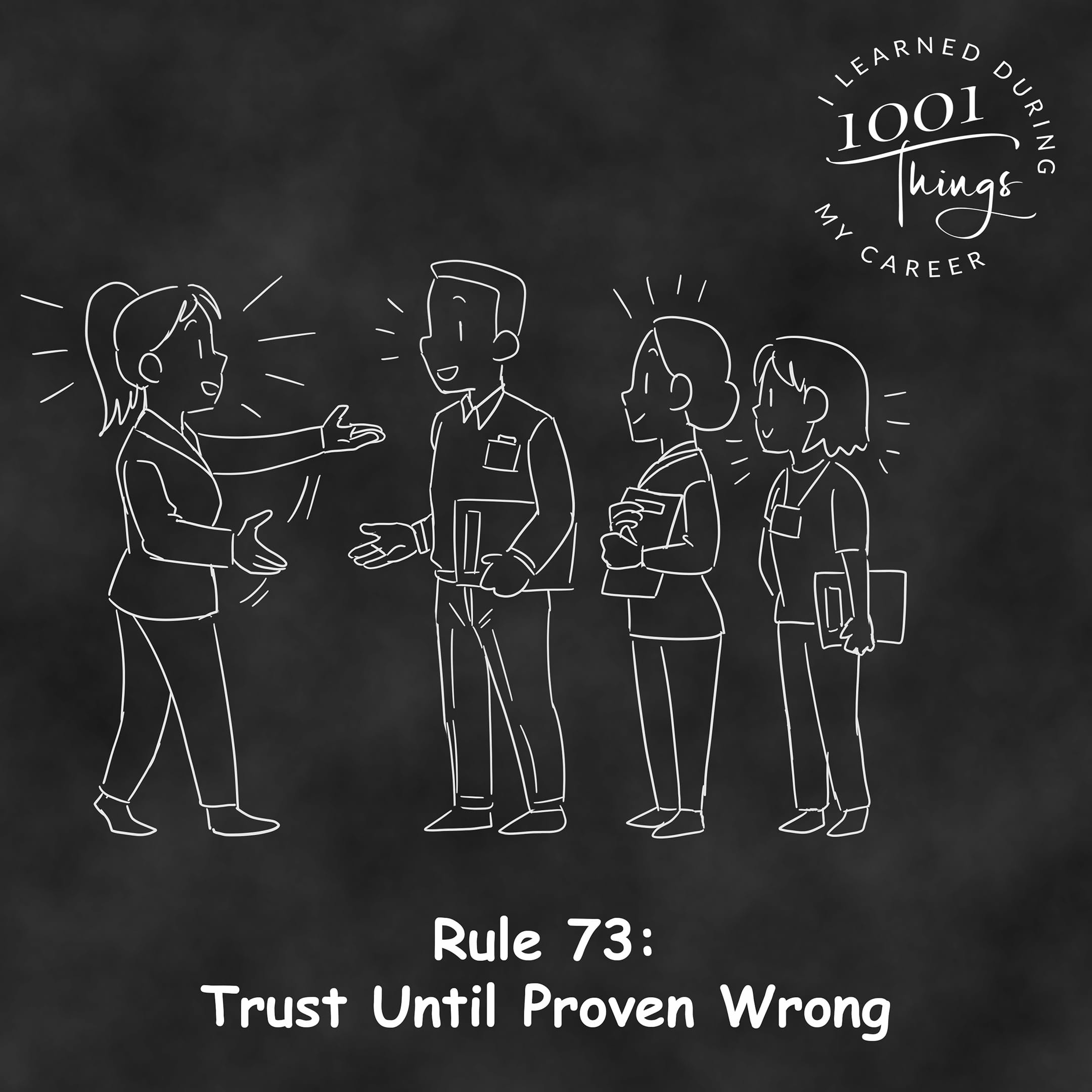How often do you find yourself waiting for something to happen – waiting for others to make the first move, waiting for people to change, waiting for circumstances to shift? And how often do you end up frustrated and stagnant, wondering why nothing is getting done, why your relationships or career aren’t progressing the way you hoped. The truth is, if you want to see change, it starts with you: if you want something to improve, you need to take the first step.
In your personal relationships, it’s easy to fall into the trap of expecting the other person to change first: you might think, “I’ll be more understanding once they start being more considerate,” or “I’ll put in more effort when they show more appreciation.” But this kind of thinking keeps you locked in a stalemate, where neither side makes progress. Instead, consider this: If you want your relationship to improve, start by changing the way you treat the other person, show understanding, kindness, and patience, even if it’s not immediately reciprocated. By taking the first step, you set the tone and create the space for the other person to respond, fostering a positive environment.
The same principle applies in the workplace: perhaps you feel your boss doesn’t trust you enough or that your team isn’t following your lead. Rather than waiting for them to change, take the initiative! If you want your boss to trust you, start by showing that you trust them – be transparent, communicate openly, and take responsibility for your actions. If you want your team to follow your lead, lead by example: demonstrate the behavior and commitment you expect from them. By taking the first step, you create a ripple effect that encourages others to follow suit.
A very powerful example of this rule is Bryan Stevenson, founder of the Equal Justice Initiative: he didn’t wait for the legal system to become fairer – he stepped into the gap himself. As a young lawyer, he began defending those on death row who couldn’t afford representation, challenging deep systemic injustice one case at a time. His belief that “each of us is more than the worst thing we’ve ever done” fueled a national movement for criminal justice reform.
The essence of this rule is simple: If you want something to change, start with yourself. Waiting for others to make the first move only leads to frustration and inaction. When you take the initiative, you not only set the example but also empower yourself to drive the change you want to see.
So, the next time you find yourself waiting for something to happen, ask yourself: What can I do to start the change?.
This rule is inspired by my former teammate and dear friend Tijana Keles

